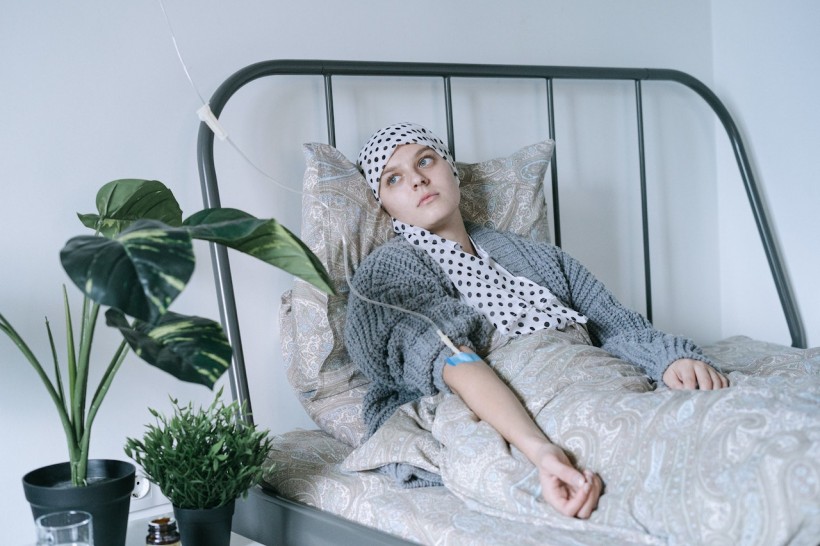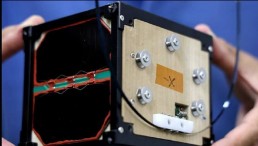Leukemia is one of the most common forms of cancer among children, affecting almost 3,000 children annually in the U.S. alone. This type of cancer starts in young blood cells, grow in bone marrow, and then spreads throughout the patient's blood. As the abnormal white blood cells travel through the bloodstream, they crowd out healthy cells, raising the chances of infecting the entire body.

In treating this disease, chemotherapy remains the conventional approach used by doctors. However, it is proven effective against certain types of leukemia but is not as effective for other conditions. For instance, "high-risk" leukemia involves taking high doses of toxic medicines that spread throughout the body, potentially affecting both cancer and healthy cells. This behavior of treatment drugs leads to severe side effects and threatening life concerns among the patients.
Experts acknowledge the need to make treatment medicine more selective on cancer cells to lessen the toxicity in patients who undergo treatment for high-risk leukemia. Treatment drugs that can specifically target leukemia cells will be more effective and much safer for children.
Innovation in Blood Cancer Treatment
Researchers at the Children's Cancer Institute respond to this challenge by developing a special formulation of doxorubicin (Caelyx), a chemotherapy treatment for various types of cancer. In the study published in Science Translational Medicine, the scientists encapsulated the drug in lipid-based artificial vesicles known as liposomes. Then they added antibodies that can bridge the drug and the cancer cells by connecting with them on both ends. This approach is known as a targeted drug delivery system.
Lead study author, Dr. Ernest Moles from the Research Fellow at Children's Cancer Institute, claims this method is beneficial due to its flexibility. Instead of designing a completely new therapy for every patient, he added that the doctors would only need to change the antibody bridge to target the same drug to the blood cancer.
The newly discovered method is proven to work well in cancer cells cultured in the laboratory and living sources of the disease. It was found that the targeted drug delivery system reduced the amount of leukemia but also prolonged the models' survival rate.
Dr. Moles and his team hope that their discovery can be effectively used in improving the selectivity of a range of new-generation therapy drugs, not just chemotherapy. This can provide an opportunity for children to be offered alternative options which are much safer than what is currently offered.
READ ALSO: New Nanoparticles Designed for Cancer Chemotherapy and Immunotherapy
How Does Chemotherapy Work?
Chemotherapy provides treatment against cancer by stopping or slowing down the growth of cancer cells as they quickly grow and divide. This therapeutic method does not only treat cancer itself but also eases cancer symptoms by shrinking the tumors that cause pain and other health problems.
When used with other treatments, chemotherapy can make a tumor smaller before the patient undergoes surgery. Cancer cells that remain after surgery can also be eliminated using chemotherapy. This treatment can also kill the cancer cells that have returned or grown to other body parts.
RELATED ARTICLE: New Cancer Treatment May End Chemotherapy and Radiation, How Does It Work?
Check out more news and information on Chemotherapy in Science Times.













